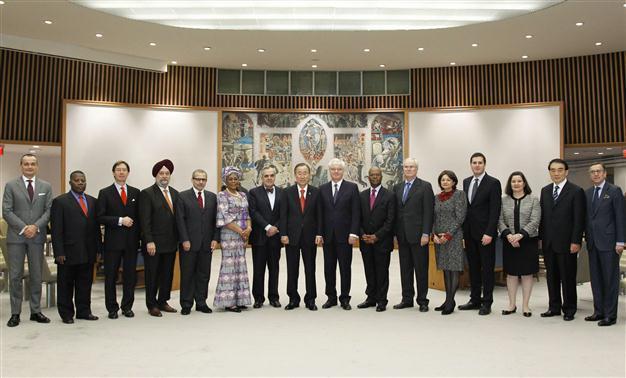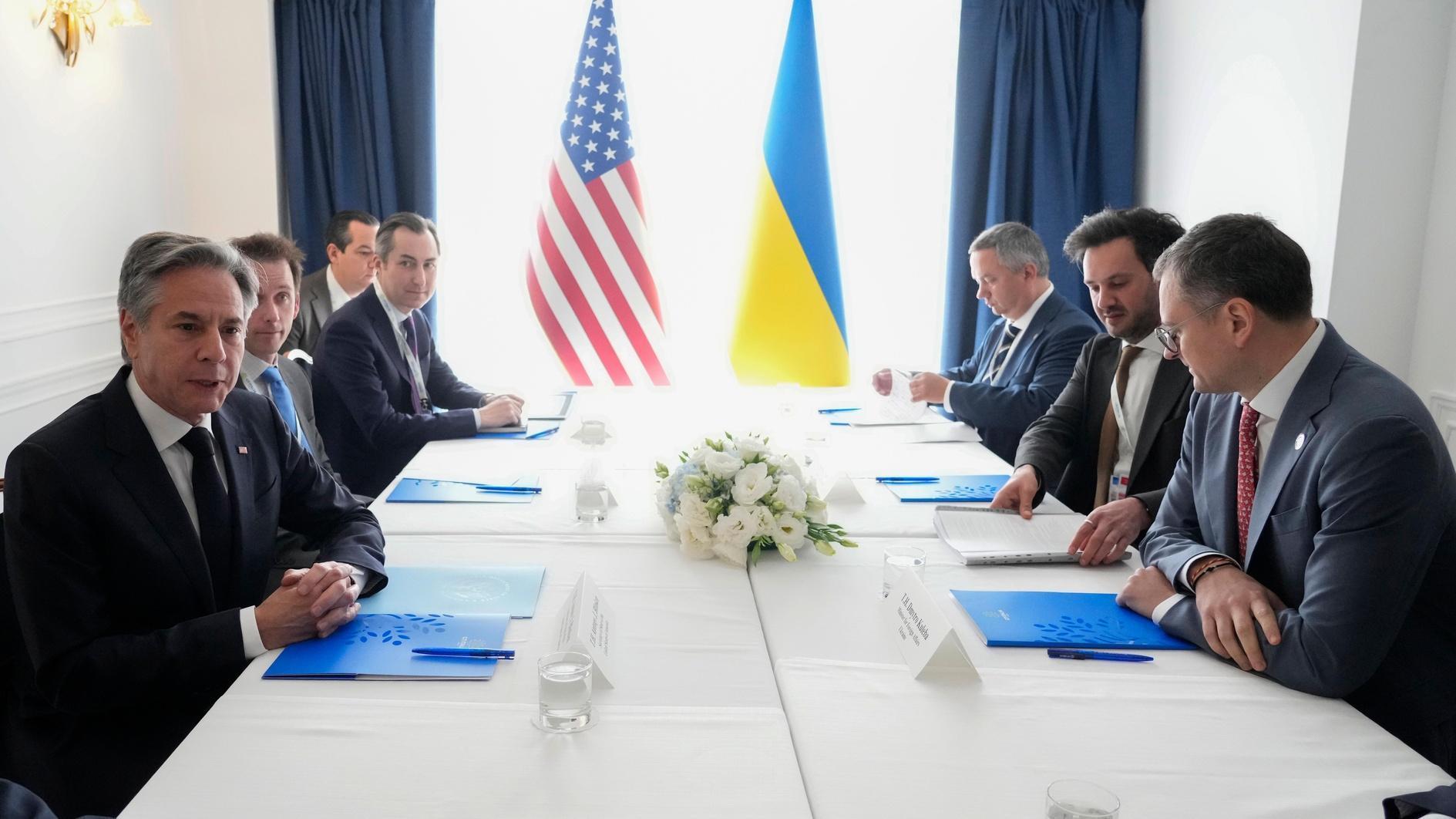Russia signals Syria shift with UN resolution
UNITED NATIONS - Agence France-Presse

This United Nations handout image shows the Security Council Group Photo at the United Nations in New York on December 13, 2011. AFP AFP Photo
Russia surprised Western powers Thursday by putting forward a UN Security Council resolution on the Syria crisis amid mounting international denunciation of the deadly crackdown.The resolution condemns violence by President Bashar al-Assad's government and opposition groups, but proposes no sanctions. Europe and the United States welcomed the Russian initiative but said the proposed text was not tough enough on the Damascus government.
US Secretary of State Hillary Clinton indicated, however, that western nations would try to work with Russia in a bid to pass a first Security Council resolution on the crackdown, which the United Nations says has left more than 5,000 dead.
As a key ally of Syria, Russia has tried to head off Security Council intervention in the crisis. With China, it vetoed a council resolution proposed by European nations in October condemning Assad's action.
Russia, however, called emergency talks of the 15-nation body on Syria to propose the new resolution, which strongly condemns violence by "all parties, including disproportionate use of force by Syrian authorities." It also raises concern over "the illegal supply of weapons to the armed groups in Syria," according to a copy obtained by AFP. Western diplomats said they had no firm evidence of arms trafficking to Syria.
Western envoys said the draft text represented a tougher Russian stance but was still "unbalanced" because it put opposition violence on the same level as the crackdown by government forces.
They also said there should be a total arms embargo and give clear support to Arab League sanctions against Syria.
Russia's UN envoy Vitaly Churkin again rejected any talk of sanctions and even criticized the Arab League measures -- though the draft does back Arab League efforts to negotiate a settlement.
"We don't think that this has been a productive, useful move by the Arab League," he said.
"The role of the Security Council should not be to fan the conflict in Syria." The Russian envoy later said that some of the initial reactions from his Security Council counterparts were "not entirely objective," while indicating he expected experts from all countries to take part in talks.
Western officials put up multiple objections but said the document was a basis for talks after months of divisions over how to handle Syria.
"There are some issues in it that we would not be able to support. There's unfortunately a seeming parity between the government and peaceful protesters," Clinton said in Washington.
"But we are going to study the draft carefully," she added, insisting that the Arab League be involved.
France's UN envoy, Gerard Araud, called the Russian move "extraordinary" and said it showed that
Russia was feeling the international pressure over its support for Assad.
He said the text "clearly needs many amendments because it is unbalanced. But it is a text on a basis on which we are going to negotiate." Araud and other envoys also said there could be no comparison between the government and opposition violence.
"We have to really show that the violence has come from the Syrian regime, that it is the Syrian regime which has shot down thousands of demonstrators," Araud said.
"Of course, after eight months of violence now, some demonstrators are shooting back, but we can't simply put them back to back, and say that they are all 'acts of violence.'" Germany's UN ambassador Peter Wittig said the Russian text was an overdue sign that the council is now discussing Syria "in a serious manner," but called the text "insufficient." He said the text would have to include references to a UN Human Rights Council recommendations for an independent commission of inquiry and give backing to all measures by the Arab League "not just selectively but all the decisions." Britain also said it was ready to work on the text, but envoy Michael Tatham said: "We believe we need a Security Council Resolution that matches the gravity of the situation on the ground in Syria, and in our view, the text circulated by Russia does not do this."
















